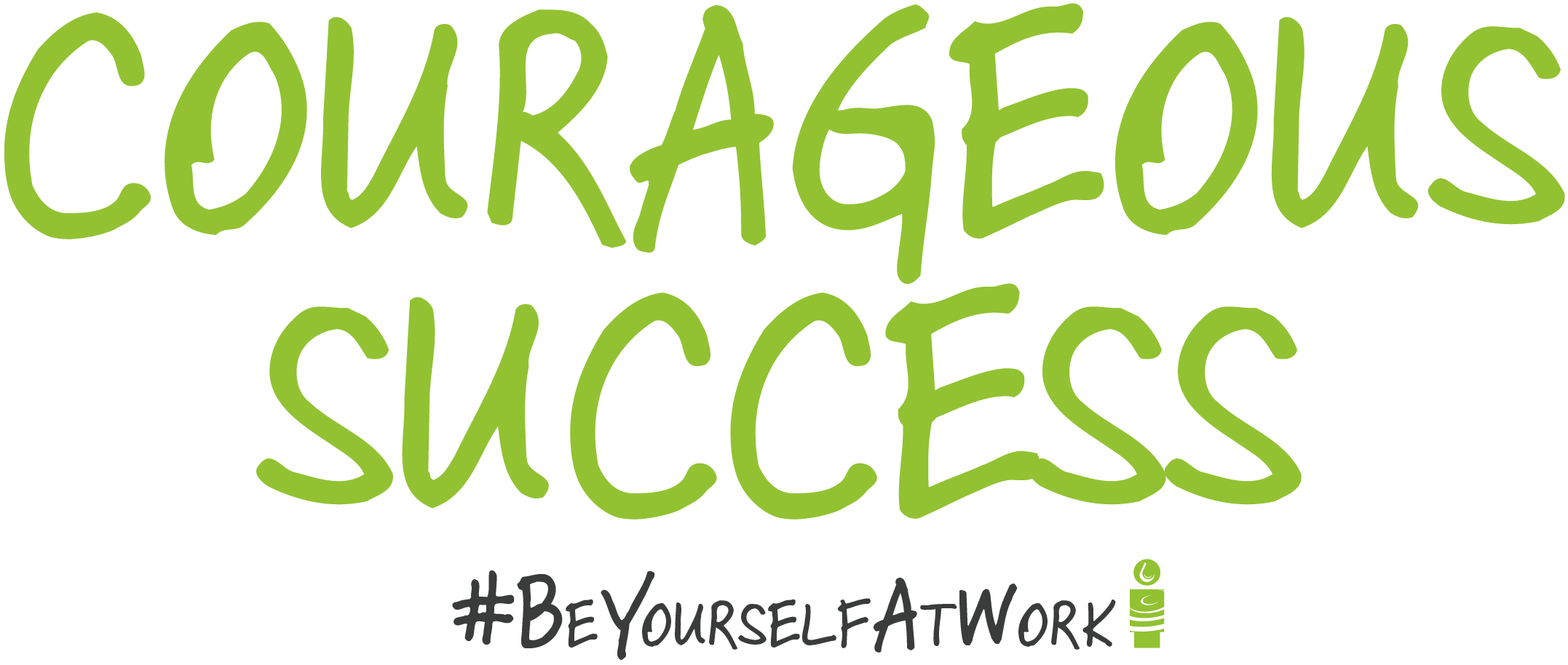Studies published in HBR show that psychological safety allows for moderate risk-taking, speaking your mind, creativity, and sticking your neck out, without fear of having your head cut off — just the types of behaviour that lead to market breakthroughs!
A term coined by Dr Amy Edmondson, a professor at Harvard Business School, psychological safety is defined as ‘a climate in which people are comfortable being (and expressing) themselves.’ Edmondson has confirmed that psychological safety predicts quality improvements, learning behaviour and productivity. An internal study conducted by Google found that teams with high rates of psychological safety were better than other teams at implementing diverse ideas and driving high performance. They were also more likely to stay with the company.
So how can all of us create this safe environment?
Most of you know that I have a 14 year old daughter, Nicole. It struck me this week, how important it is to consciously create a climate of psychological safety at home. I want Nicole to be able to tell me anything – I’d much rather know! I noticed in conversations with her that I naturally forgave certain small mis-demeaners (!), to prevent creating a negative atmosphere where she would feel she had to hide things, or keep them to herself. I naturally give her my trust, offering to be her confidante without judgement, and with support and guidance, so that she can then choose to take it or not. (She’s nowhere near as bad as I was as a rebellious teenager!)
How many of us focus on this with our teams at work?
Whilst I was on holiday last year, I asked our favourite Italian restaurant manager how he copes when he sees mistakes in his team’s service. He said simply, if they are generally doing a good job “I close one eye”.
With over 90% of us not actively controlling our emotional response at work, I suspect that for most people in business both eyes are well and truly open, if not popping out! Don’t get me wrong, feedback for improvement is important, but if we don’t create a feeling of trust for those around us, then care, openness, debate and learning from mistakes is restricted.
We’ll automatically be creating an environment where people won’t easily speak up.
We find that there are two things in common with those who create a psychologically safe environment;
- They do it actively, from a place of genuine care.
- They are authentic – themselves at work.
The first is simple, it’s just a choice to see the best in others and show people that we like them, giving feedback for confidence and improvement and occasionally closing one eye.😊
The second is to have the courage to be ourselves, the same us that has close friends and relationships outside of work, rather than a formal, conforming, work persona.
Our suggestions to activate more psychological safely in your teams?
- Observe yourself, how conscious are you of how you react to others and boost them, especially when they get it wrong or you sense they have something to say?
- Speak up yourself for what’s right, and be open with your opinions without dominating.
- Ask people to share, and when they do, be careful not to judge them. We are all allowed an opinion.
- Trust and be trustworthy, openly inviting confidences.
#BeYourselfAtWork
